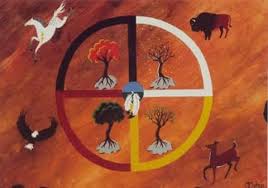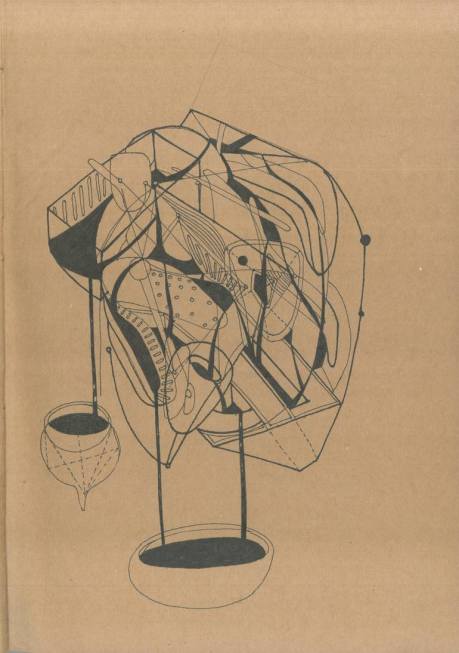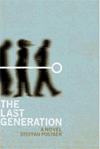The Magnificent Death (2)
April 21, 2020

You’re hardly the first person to feel this way. Many fortunate people receive the blessings of The Great Outdoors. So many recovering alcoholics call nature their Higher Power. Good for them. They’re lucky and probably right. If God exists he’s out here. He made this. He created the Garden of Eden. Before we fucked it up. Long before you, indigenous people tread these very trails. They knew it, too: The Great Spirit. Too many people only experience nature once a year on vacation, on mandatory field trips taken from school, or worse, just in movies. No wonder its magic wore off. Maybe they weren’t paying attention – too busy looking at a screen instead of the sky. Still, you’re glad they’re not here. The trails are often deserted. Blessedly. It makes no difference to you. What others think. What they do. People no longer matter. Out here you feel no shame. Out here you is stoned immaculate.
To be continued…
The Flicker Inside (1)
March 16, 2020

If not for the Program, on some days you might not interact with anyone at all. Isolating was a common trait with alcoholics but to you it felt unique, unavoidable. Looking over your life it was painfully obvious how you’d turned inward. So much of what you do you did alone: writing, reading, running, fishing, most all of your passions and hobbies. Identifying with a group, any group, has always been difficult, be it school, work or even family.
Many members refer to the Fellowship as their new family. The supposition was that one’s biological family, witting or unwittingly, had become victims or accomplices. Heavy baggage, hard to carry and best left in the closet.
Unpacking those bags, however important to recovery, was wearisome, hard work. Those closest to you had been the most affected by your drinking, intertwined in ways you were still sorting out. Untying those knots could take a lifetime. Progress was incremental. Failures inevitable. There was love but it had become conditional.
Not so in AA. Anyone with a desire to quit drinking (or using) was welcome, and would never be judged, criticized or ostracized. In the rooms you were more comfortable than anywhere else, including with your own family, including in your own skin.
So, when you are asked to give a lead you do so eagerly. Speaking in front of your fellows is a privilege. It was a chance to tell your story, an opportunity to reveal pieces of your truth, to unpack those bags in the closet. None of which you could do anywhere else, except perhaps in therapy, but with a suggested donation of only a dollar or two, AA was a hell of a lot cheaper. In addition, and most importantly, giving a lead was your opportunity to help others, a quality you seldom, if ever, displayed on your own.
To be continued…





 The Happy Soul Industry
The Happy Soul Industry The Last Generation
The Last Generation